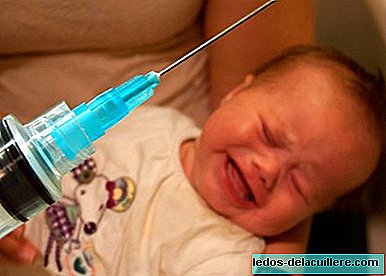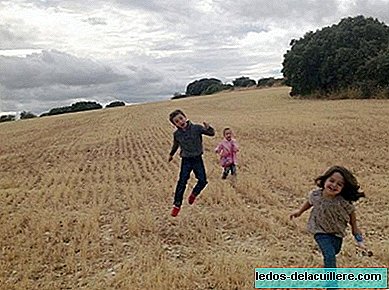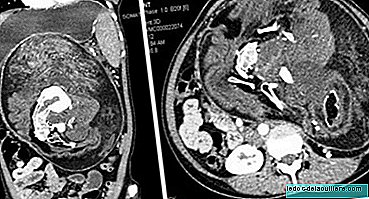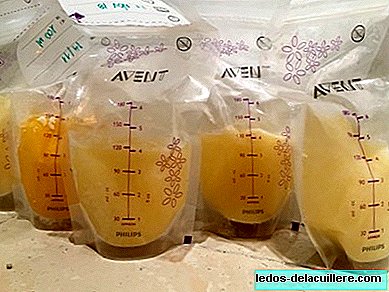
Three days ago, World Autism Awareness Day was celebrated and related to this topic a new study has recently been published that confirms something that has been known for some time: Vaccines given to children up to two years do not increase the risk of autism.
Despite the fact that, as I say, the relationship between vaccines and autism has already proved non-existent a long time ago, a third of parents still think that the relationship exists. Similarly, one in 10 parents rejects or delays vaccines, because they do not consider them completely safe or because they believe they are too many vaccines administered too soon.
Researchers from the US CDC (Center for Disease Control and Prevention) analyzed data from 256 children with autism and data from 752 children without it, born all between 1994 and 1999, looking at the substances with which they had been immunized until two years, what was the exposure to antigens and what the maximum number of them received in a single day of vaccination.
The researchers concluded the following:
We found no evidence to indicate an association between exposure to antibodies that stimulate proteins and polysaccharides contained in vaccines during the first two years of life and the risk of contracting an autism spectrum disorder, an autism disorder or a disorder of the autistic spectrum with regression.
Nor did they see that there is relationship between autism and the fact that in a single day a child receives multiple vaccines, showing that the above-mentioned concerns, that is, the known argument that serves to delay or not vaccinate children who say that they are too many vaccines for a young child and that sometimes they are administered at once, do not produce a greater risk of autism.
The study has been published by the magazine Journal of Pediatrics…












